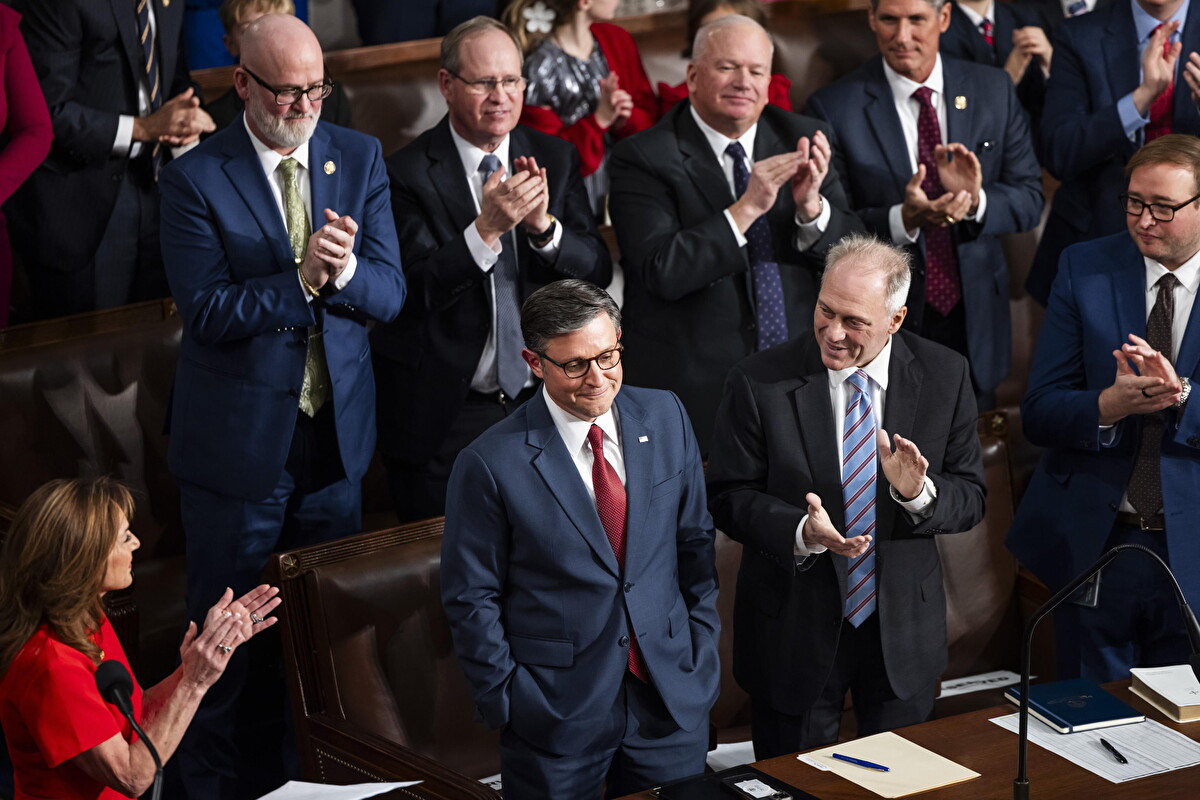Rep. Mike Johnson (R-La.) has held on to his role as Speaker of the House by a razor thin margin of 218 to 216, flipping two of the three members of his party who had previously voiced their opposition to him, and turning around what initially looked like a failed attempt on the first vote this afternoon. At first, it was reported that Ralph Norman (R-S.C.) would vote for Jim Jordan (R-Oh.), and Keith Seif (R-Tx.) would vote for Byron Donalds (R-Fl.). Thomas Massie (R-Ky.) remained the lone holdout among the Republicans who initially opposed Johnson, voting for Tom Emmer (R-Minn.) in the final tally. The Democrats voted unanimously for Hakeem Jefferies (D-N.Y.) as minority leader.
The setback suffered by Johnson in holding on to his position as Speaker may be unusual by historical standards, as in the past, consensus has been reached by both parties to such an extent that the floor vote was all but a formality – the party in the majority would unite behind an agreed upon Speaker, with the minority party doing the same to nominate a Minority leader. In recent years, however, the procedure has become a politicized process. In 2023, Kevin McCarthy took 15 votes over four days to reach the House speakership, the first time this process had been deadlocked in 100 years.
The Speaker is a nonpartisan role in the House of Representatives, though it appears as a party office since the party in the majority uses its voting power to put one if its own in the seat. Speakers are entrusted with managing procedure on the House floor, directing debate and enforcing House rules agreed upon with the Rules committee, a powerful tool for structuring debate and protecting the party’s legislative priorities.
The House Speaker also is third in line for the presidency behind the vice president, and plays a role in parliamentary procedures, like next week’s constitutionally mandated joint session to certify the results of the 2024 presidential election.











